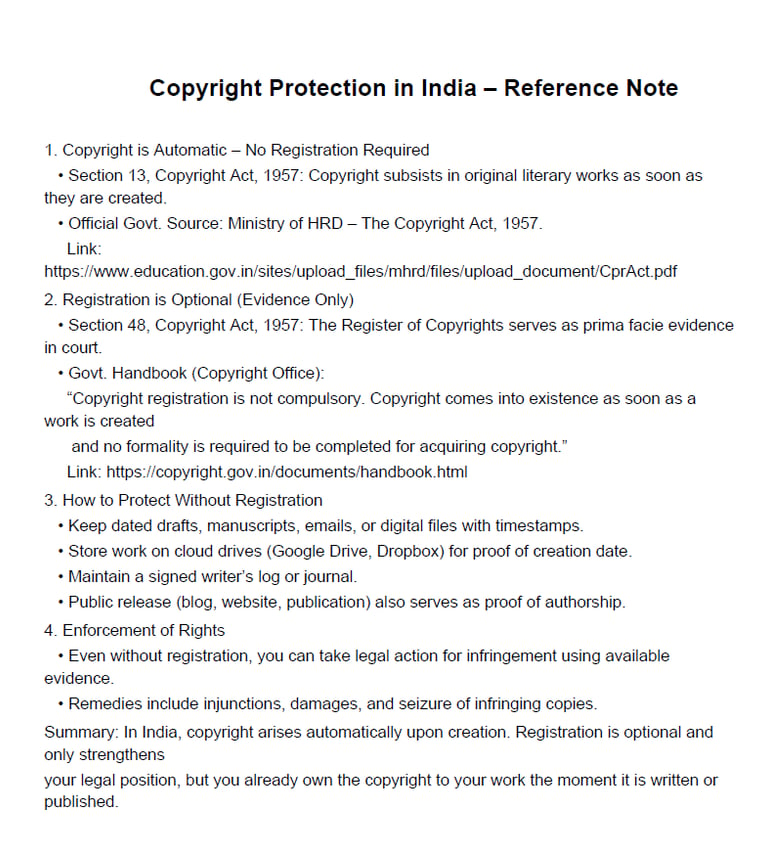The Maṇḍala Council – Part Two
The Dawn of the Great Ordeal
Debate becomes geometry, as wisdom carves weapons from memory and vow.
Ayonijā broke the silence with a question about the Svarnadvīpa, her voice calm yet weighted with memory. “Lord Pralayānand,” she asked, “how did citizens of Svarnadvīpa ensure defense and restoration in the post-war era?” The old lord inclined his head. “When the silence fell, unity risked fading with it. The Vajra-Pratirakṣa was born of Asura steel and Rishi light, sworn to guard not only against foes from beyond the stars but also against the slow decay of vigilance. The Amṛta-Saṃskāra, woven from the arts of healing and the discipline of renewal, took up the work of mending what war had broken—soil, rivers, minds. Together they are the two eyes of Svarnadvīpa’s watchfulness.” Rudraveena leaned forward, the music of her anklets soft against the marble. “And in the cities—Ratnahrada, Mārgadīpa, Vālukāvana—how did life return?” It was Maa Mahāmoh-vināshinī who answered, her words like the flowing of a quiet river. “When the threat was gone, trade and art found their own pulse. Ratnahrada’s waters were cleansed by mantra-winds; Mārgadīpa’s light-towers rose again to guide the caravans; Vālukāvana’s artisans carved temples from living crystal, their chisels singing to the stone. We did not command revival—it bloomed of itself, like flowers after monsoon.” Queen Yakṣhirā’s crown caught the lantern light as she spoke. “Yet not all lands healed. Tell me of these Forbidden Zones—how did they come into being, and how are they held in check?” Lord Viśhvakalp-dhārin’s gaze was distant, as though seeing through the walls of the Maṇḍala. “They are the places where Śūnyāntarā’s shadow-drink seeped deepest—groves that whisper hunger, lakes that mirror only the dead. With her gone, they no longer spread, but neither will they yield. The Vajra-Pratirakṣa stands guard at their edges, while the Amṛta-Saṃskāra contains their corruption, binding it in patient wards. They are storms we choose not to wake.” Mahāguru Anantshakti closed his eyes briefly, as if feeling the memory of countless wounded minds. “And the people?” he asked softly. “The Veil of Unweaving, the Hollow March—how did the Amṛta-Saṃskāra restore what was taken?” Maa Mahāmoh-vināshinī’s voice deepened with compassion. “We wove back the threads of memory through chants that echoed across lifetimes, through dream-sharing circles where strangers’ dreams could fill another’s gaps, and through soul-thread rituals that bound a person’s past back to their present. In time, the hollowness was replaced by laughter, and the silence by song.” Ayonijā turned her gaze to the twin suns visible through the Maṇḍala’s skylight. “The Festival of Seven Silences—how did it change?” Lord Pralayānand’s reply carried a solemn pride. “Once it was a meditation on unity; now it is a day of remembrance. When the twin suns eclipse, their shared darkness is no longer feared—it is greeted with lanterns of gold and silver, a symbol that even in the deepest shadow, the light remains.” Rāvananta Vajramukha, ever the strategist, rested his hand on the hilt of his ceremonial blade. “And what of future threats? Surely others would try to breach the Ordeal to free her or seize its power.” Lord Viśhvakalp-dhārin’s tone was like iron cooled in still water. “Many have tried—scholars, warlords, disciples led astray. None have succeeded. The Ordeal is alive, and it tests all who approach. It does not kill, but it will not let the unworthy pass. The Vajra-Pratirakṣa remains vigilant, the Amṛta-Saṃskāra patient, for some dangers come as whispers rather than armies.”
There was a long pause, the kind that in the Maṇḍala felt like the breath of the cosmos itself. Maṇimālā Vajramayi broke it. “Tell me this—are the alliances with other worlds still strong? Or have the stars grown distant again?” Maa Mahāmoh-vināshinī smiled faintly. “The bonds hold. Trade carries not only goods but warnings. Defense pacts are sealed under skies we share with our allies. They learned that a single world, however radiant, is not beyond the reach of shadow.” Rudraveena’s eyes narrowed slightly, the thought sharp in her mind. “And the remnants of her Pishacha host? Could they ever rise again?” Lord Pralayānand shook his head. “Without her essence, they faded. Some fell to our blades, some dissolved under the light, and many simply could not endure. The dark star that birthed them is bound; without it, no commander can call them to war.” The questions continued, weaving through the pillars of Svarnadvīpa’s survival, sometimes circling back, sometimes leaping ahead. Answers flowed from the three great beings like rivers from different mountains, their waters mingling in the lake of understanding that lay between questioner and keeper. By the time the last lantern-petal drifted down to rest in the Maṇḍala’s pool, the assembly had fallen into a shared stillness. It was not the silence of uncertainty but of clarity. They rose together, knowing that the story of Svarnadvīpa was not only one of war and sealing but also of the years after—the tending of gardens in scarred earth, the patience of watchmen at the edge of sleeping storms, and the quiet, enduring will to keep the light alive.


